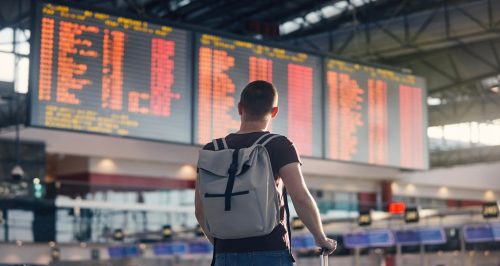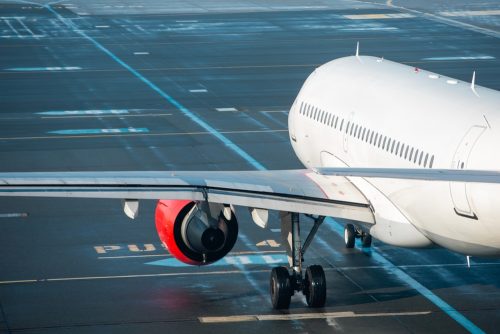In June 2025, the Trump administration announced a new travel ban to restrict or prohibit entry to the United States for individuals from 19 countries, In 2022, nearly 300,000 people from these countries came to the U.S. They brought skills, paid taxes, and filled critical jobs.
What countries are restricted in Trump’s latest travel ban?
12 Countries Under a Full Travel Ban: Afghanistan, Chad, Republic of the Congo, Equatorial Guinea, Eritrea, Haiti, Iran, Libya, Myanmar, Somalia, Sudan, Yemen
7 Countries Under a Partial Travel Ban: Burundi, Cuba, Laos, Sierra Leone, Togo, Turkmenistan, Venezuela
36 Countries Reportedly Considered for Addition to the Travel Ban: Angola, Antigua and Barbuda, Benin, Bhutan, Burkina Faso, Cabo Verde, Cambodia, Cameroon, Cote D’Ivoire, Democratic Republic of Congo, Djibouti, Dominica, Ethiopia, Egypt, Gabon, The Gambia, Ghana, Kyrgyzstan, Liberia, Malawi, Mauritania, Niger, Nigeria, Saint Kitts and Nevis, Saint Lucia, Sao Tome and Principe, Senegal, South Sudan, Syria, Tanzania, Tonga, Tuvalu, Uganda, Vanuatu, Zambia, and Zimbabwe
Make a contribution
Help us fight Trump’s travel ban and protect immigrant rights.

How does the Trump travel ban impact families?
The travel ban doesn’t only prevent people from coming to the United States, but it also hurts families already here. Many foreign-born individuals already living in the United States will be unable or afraid to reunite with family members living overseas. Even those who need to travel abroad will face uncertainty about whether they’ll be allowed to return.

What are the potential economic impacts of this travel ban?
Banning people from coming to America to study, work, and reunite with family will not only cause hardship. It will also lead to a loss in tax revenues and consumer spending.
In 2023. households led by recently arrived nationals of the affected countries:
- Earned $3.2 billion
- Paid $715.6 million in taxes
- Held $2.5 billion in spending power
That’s money flowing into local businesses and communities.
82.8% of these immigrants were working – helping to ease labor shortages in America’s vital industries.
The fact is: the travel ban could worsen labor shortages, slow growth, and raise prices.
The manufacturing industry alone could face a shortage of 1.9 million workers by 2033.
Travel bans don’t make us safer. They harm our economy and indiscriminately punish immigrants who otherwise qualify to come to the United States legally.
 The American Immigration Council is a non-profit, non-partisan organization.
The American Immigration Council is a non-profit, non-partisan organization. 


